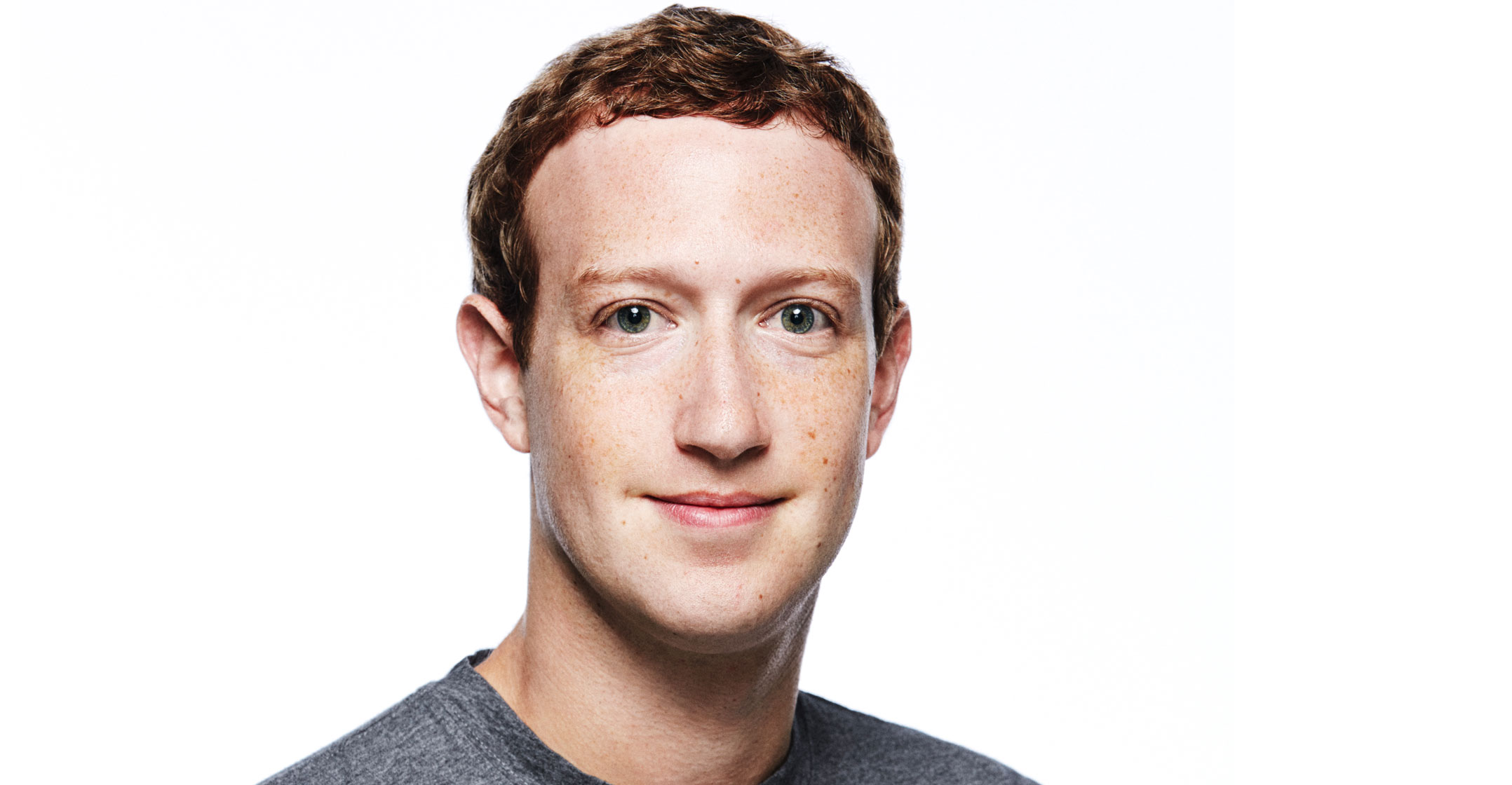 On Wednesday, Mark Zuckerberg, Facebook’s CEO, testified about his company’s cryptocurrency project at a hearing held by the US house financial services committee. In his testimony, Zuckerberg tried to reassure congress that Facebook’s libra cryptocurrency would square the circle between financial inclusion and regulatory adherence, consumer privacy and proactive fraud detection. The one thing he didn’t manage to address is whether the world really wants a crypto offering from the social media giant.
On Wednesday, Mark Zuckerberg, Facebook’s CEO, testified about his company’s cryptocurrency project at a hearing held by the US house financial services committee. In his testimony, Zuckerberg tried to reassure congress that Facebook’s libra cryptocurrency would square the circle between financial inclusion and regulatory adherence, consumer privacy and proactive fraud detection. The one thing he didn’t manage to address is whether the world really wants a crypto offering from the social media giant.
Cryptocurrency has acquired an unseemly status where any use is automatically assumed to have nefarious ends. It doesn’t help that the most prominent example, bitcoin, has been implicated in some horrific criminal conduct. At the same time, a lack of mainstream adoption gives cryptocurrency few redeeming advocates. No surprise, then, that regulators regard Facebook’s proposal with suspicion.
It’s not that legitimate businesses don’t want crypto; it’s that their customers don’t want to use it for payment. When buying stuff on the Internet, consumers will choose the payment method that imposes the lowest transaction cost on themselves — that’s generally the credit-card option, which allows deferred payment as well as the accrual of miles or points. An online business that refuses to accept credit cards will always lose out to a competitor that does.
But what if you don’t have any competitors? Facebook enjoys quasi-monopoly status when it comes to consumer attention, controlling the reach and distribution of content across its network of users.
As the driver of over a quarter of Web traffic, Facebook has a lot of influence over who sees what on the Internet. And with over 2.3 billion monthly active users around the world, it’s not a stretch to imagine that the company could have similar influence over who pays whom, and how.
Mark Zuckerberg’s congressional testimony makes it clear that he takes inspiration from China, where WeChat serves as a one-stop portal to the greater Internet. There, users conduct their banking, shopping and bill payments without ever leaving the app. The ability to control users’ economic interactions comes with the privilege of deciding the medium of exchange. If it follows suit, Facebook may end up looking like another familiar monopolist — our own government, which creates the national currency we use to pay our taxes.
Viewed as a threat
It’s no wonder regulators and central banks view the libra project as a threat to the international monetary system. In a recent report, the G7 Working Group warns that global cryptocurrencies could undermine cross-jurisdictional efforts to combat illicit finance. All international transactions using US dollars currently clear through the New York Federal Reserve, where they can be monitored and stopped if deemed unsavoury. Previously, members of the senate banking committee have expressed concern over Facebook’s ability to handle economic sanctions on foreign regimes.
Zuckerberg has promised that Calibra, Facebook’s payment app, will include robust compliance systems to fulfil regulatory obligations. However, the greater risk is that Calibra will go above and beyond its regulatory duty. Facebook already employs a more restrictive speech code than legally required — the platform blocks various forms of hate speech, harassment, misinformation and inauthentic behaviour. Publishers must accept Facebook’s opaque terms of service or risk not being seen at all. It’s one thing to deny politically incorrect figures the ability to share inflammatory content; it’s another thing to leave them economically isolated.

In a competitive market, those who disagree with Facebook’s terms could simply take their business elsewhere. The Libra Association currently includes 21 member companies, after some early members dropped out. If Facebook mimics WeChat in establishing itself as a go-to payment portal, those former members may have no choice but to return to the cartel.
Global regulators are so worried about preserving their own monopoly status that they’ve forgotten that monopolies have victims. Just look at what Facebook did to publishers. When Facebook emerged as the arbiter of eyeballs, publishers lost control of their audiences and ad revenue, and consumers ended up with a barrage of clickbait. If Facebook disintermediates the banking system, it could take control of the economic relationship between businesses and their customers, with greater restrictions on financial transactions than ever before. It’s almost enough to make you wish for a decentralised currency. — By Elaine Ou, (c) 2019 Bloomberg LP

